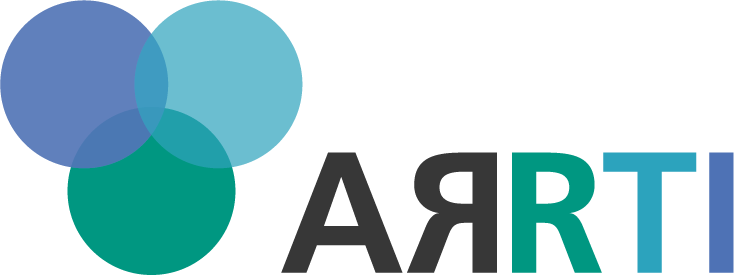Panel Geoengineering: Clutching at any straw or part of a solution strategy?

A pARRTIcipatory panel on the pros and cons of geoengineering
Organizers: Alexander Bagattini (KIT, ARRTI Management Director), Peter Braesicke (KIT, Professor for Theoretical Physics of the Atmosphere), Rafaela Hillerbrand (KIT, ARRTI Director, and Professor for Philosophy of Technology and Science, ITAS), Thomas Leisner (KIT, Director at the Institute of Meteorology and Climate Research, and
Professor for Physics of the Atmosphere)
Moderator: Katharina Linnepe
Panel participants
Stephen M. Gardiner: Professor of Philosophy and Ben Rabinowitz Endowed Professor of Human Dimensions of the Environment at the University of Washington, Seattle. His main areas of interest are ethical theory, political philosophy and environmental ethics. His research focuses on global environmental problems (especially climate change), future generations, and virtue ethics.
Hugh Hunt: Cambridge University Reader in Engineering Dynamics and Vibration, Co-Director Centre for Climate Repair Cambridge. He led the Engineering team for the SPICE project, looking at delivery methods for SAI (stratospheric aerosol injection). He is now interested in all aspects of GGR and SRM including Marine Cloud Brightening and Ocean Iron Fertilization.
Frank Keutsch: Stonington Professor of Engineering and Atmospheric Science at Harvard University. His research combines laboratory and field experiments with instrument development to investigate fundamental mechanisms of anthropogenic influence on atmospheric composition within the context of impacts on climate, humans and the environment.
Catriona McKinnon: Professor of Political Theory at the University of Exeter. Her work focuses on intergenerational ethics, climate justice, and philosophical questions raised by environmental policy
Julia Pongratz: Professor of Physical Geography and Land Use Systems at the University of Munich (LMU). Her work focuses on the mutual influence of humans, vegetation and climate. One focus is on the influence of land use changes on climate, especially through changes in water, energy and carbon fluxes.
Geoengineering: Clutching at straws or part of a climate solution strategy?
A pARRTIcipatory panel on the pros and cons of geoengineering
Solar radiation management as a form of geoengineering has been proposed in various contexts as a promising measure to counteract global warming. Experimental approaches to researching the feasibility of solar radiation management, such as the Stratospheric Particle Injection for Climate Engineering (SPICE) or more recently the Stratospheric Controlled perturbation Experiment (SCoPEx), have always encountered problems because they are often seen as breaching fundamental ethical boundaries. Earlier this year, Sweden’s space agency called off a landmark initial test of technology that could pave the way for efforts to slow global warming by dimming the sunlight that reaches Earth. Under pressure from Indigenous and environmental groups, the Swedish Space Corporation decided not to conduct the experiment that Harvard University researchers had planned for June 2021 in the Arctic circle.
Since the World Climate Conference in Rio in 1992, CO2 emissions have risen by up to 40%. As a result, incalculable risks are looming due to escalating climate change and only a small window of time seems to remain in which to mitigate its adverse effects. Against this background, geoengineering—i.e. large-scale technological interventions in geochemical and biogeochemical cycles of the Earth—appears to be a promising endeavor. However, there are also critical voices such as climate scientist Alan Robock, who points to 20 possible dangers of geoengineering, including potential damage to the ozone layer, negative effects on flora and fauna or misuse for military purposes. Robock illustrates his claims with modelling studies and observational evidence from volcanic eruptions.
The unclear balance between benefits and risks makes a final assessment of the use of geoengineering technologies difficult. With this interdisciplinary panel we aim to shed some light on this controversial field by discussing the pros and cons of geoengineering with our audience and an interdisciplinary group of world-renowned experts.
We look forward to engaging in discussion with you!
ARRTI | Academy for Responsible Research, Teaching, and Innovation
Karlsruher Institut für Technologie (KIT)
Douglasstraße 24
76133 Karlsruhe
Mail: marcel krueger ∂does-not-exist.kit edu
https://www.arrti.kit.edu/
Interested / Everyone
Archive
A list of past events can be found here.
Past lecture series can be found in the archive of our lectures and seminars.

